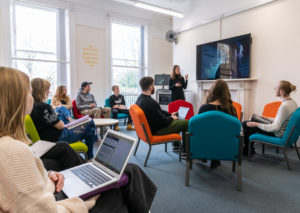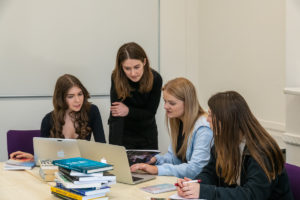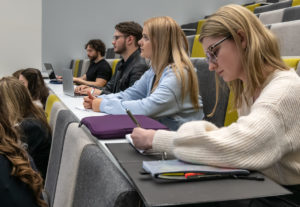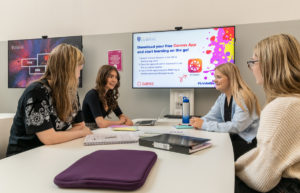Course overview
Privileging perspectives rooted in the arts, humanities and cultural studies, the programme is an ideal pathway for students with ambitions to work in the entertainment industry, and those with aspirations towards postgraduate study.
The emphasis of the programme is on the global interconnectedness of screen industries and experiences of entertainment, moving beyond Eurocentric approaches to the subject. It draws directly on the expertise of our Screen and Film Research Cluster, whose work engages explicitly with issues relating to industry, institutions, business, entertainment and screen media. Covering a range of screen media (film, television, streaming, virtual-augmented reality, games, music) and the industries they operate in, the programme allows you to engage with multiple facets of global screen industries.








